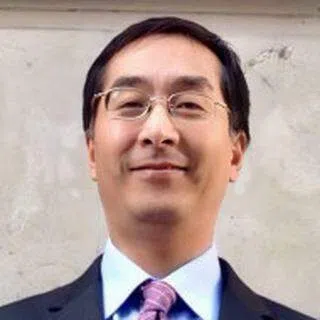Will following the US bring peace and prosperity to China?
Many in the Chinese world have unquestionably accepted the idea that friendly relations with the US will guarantee a country's prosperity. However, academic Jianyong Yue notes that despite the honeymoon period between China and the US in the 1980s, China was still not endowed preferential treatment. Meanwhile, many countries have seen immense development even without the help of the US.
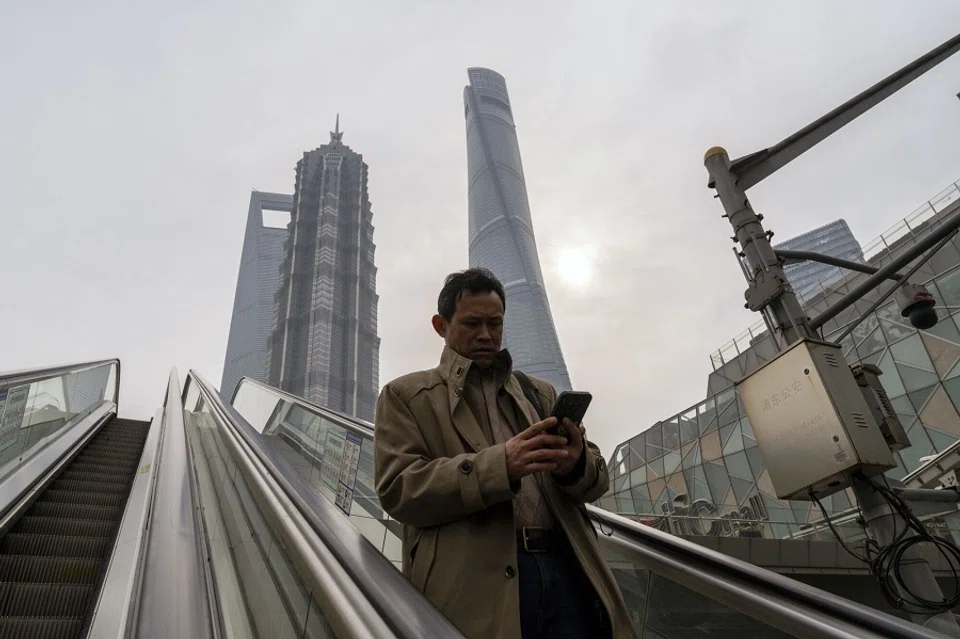
During his visit to the US in January 1979, Deng Xiaoping reportedly said: "Look back at the last several decades. All the countries that foster good relations with the US become rich."
While most academics are doubtful of the authenticity of this remark, many in the Chinese world have unquestionably accepted this statement over the years. In particular, at this critical moment when China-US relations are extremely tense to the point of affecting China's destiny, revisiting this "Deng Xiaoping quote" even appears to have some kind of undeniable political correctness.
The US's differential treatment
In fact, this comment does not hold up against rigorous academic scrutiny - "following the US" is neither a sufficient nor necessary condition for a country to become rich and powerful. For example, Mexico, one of the US's "closest and most valued partners" (according to the US Department of State website), is still a developing country with a huge wealth inequality. Its Gini coefficient is a whopping 0.546, while nearly one-third of its population live below the poverty line.
Meanwhile, the industrialisation of post-war Finland was highly successful. Finland joined the Bretton Woods agreement in 1948 and did not receive funding from the Marshall Plan as a neutral country. Its successful industrialisation mainly stemmed from the massive Soviet market and strong state intervention in the economy, not from "following the US".
While the US indeed helped China a great deal when the latter was economically weak, this was not on par with its support for the Four Asian Tigers...

Deng was a politician and his words might not have been well considered. Coupled with the fact that the country had just emerged from the chaos of the Cultural Revolution, it is understandable that leaders at the time lacked knowledge of the external world.
To Deng, "the followers of the US that have become rich" were mainly newly industrialised economies such as the Four Asian Tigers. However, the "East Asian miracle" is inseparable from the special circumstances of the Cold War.
All Four Asian Tigers are small economies with small domestic markets; without the US unilaterally opening up its domestic market, providing technology transfers and even consenting to their neo-mercantilism approach (South Korea and Taiwan), the "East Asian miracle" would not have happened.
While it is important for latecomer countries to maintain friendly relations with the US, whether this can be exchanged for the US's assistance in their modernisation efforts depends on the country's strategic value to the US. In the late Cold War period, China and the Soviet Union became rivals, and China and the US needed each other to deal with their common enemy, the Soviet Union. This is the main reason why China and the US enjoyed a honeymoon period in the 1980s.
While the US indeed helped China a great deal when the latter was economically weak, this was not on par with its support for the Four Asian Tigers; Chinese products were never granted the generalised system of preferences (a trade programme that provides non-reciprocal, duty-free treatment for certain imports from developing countries).
Engagement for a reason
After the 1989 Tiananmen Square protests, Deng, recognising the "triumph of global capitalism", formulated the 24-word "maintaining a low profile and biding time" (韬光养晦) strategy for China. At the same time, he also had high hopes that China and the US would renew their friendship, which laid the foundation for China-US relations to become the "top priority" of China's foreign policy.
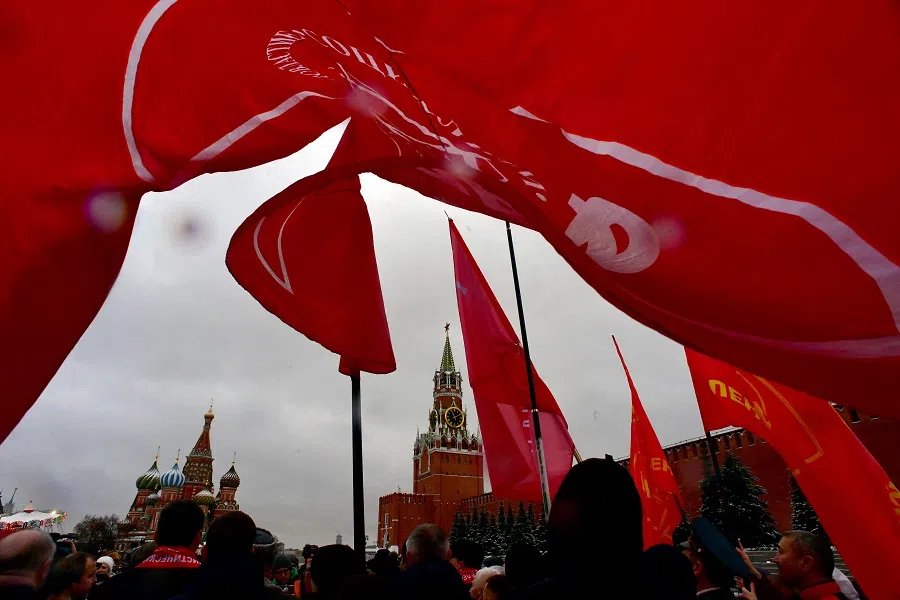
Although the protests adversely affected China-US relations, the US still saw China as a key player in reining in the Soviet Union and Japan in the Far East. But the turning point came in December 1991, when the collapse of the Soviet Union led to a sharp decline in China's strategic value to the US.
... the ultimate goal of "engaging with China" was to facilitate a peaceful regime change in China while at the same time allowing China to "hitch a ride" by deeply integrating it into the world economy.
Notably, after the end of the Cold War and around the period near the dissolution of the Soviet Union, American foreign policy was influenced by realism and the liberal "democratic peace theory" (Francis Fukuyama's argument that humanity had reached "the end of history").
In early 1992, the George H. W. Bush administration secretly formulated the Defense Planning Guidance, which asserted that the primary goal of post-Cold War American foreign policy was to "preclude or respond to any future hostile adversary who might threaten US/allied interests on a global scale".
It is against this backdrop that the Clinton administration initiated a policy of "full engagement" with China in 1993. In terms of strategic implications, China could only be an emerging market in the future and not the next Germany or Japan.
Meanwhile, the ultimate goal of "engaging with China" was to facilitate a peaceful regime change in China while at the same time allowing China to "hitch a ride" by deeply integrating it into the world economy. It could then relish in the benefits of economic prosperity and thus willingly become a staunch defender of the liberal world order under the US's leadership.
Following the 1989 Tiananmen incident, Deng became worried that the West would wage a "smokeless war" against socialist and developing countries. He defined peace and development as the "two outstanding issues in the world today" and the "theme of the times".
Deng's eagerness to re-establish the legitimacy of the Chinese Communist Party regime, and his pursuit of export-led economic growth at any cost to that end, coincided with the US's grand strategy of integrating with China.
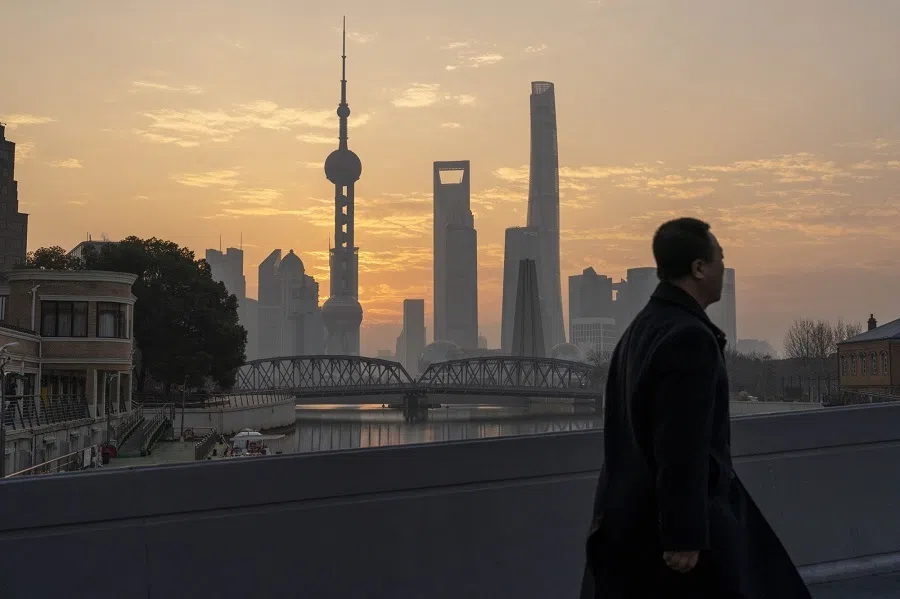
Facts have proven that China paid a high price for "hitching a ride" - it had given up economic nationalism. It is worth recalling that the economic success of developing East Asian countries from the 1960s to the early 1980s was to a certain extent due to the resolute implementation of import substitution industrialisation (ISI).
However, during the final negotiation of the Uraguay Round (launched in 1986) for the General Agreement on Tariffs and Trade (GATT), spearheaded by the US and Europe, and on grounds of "non-discriminatory market access", neoliberalist approaches opposing industrial policy and ISI were enshrined as economic and trade rules of the World Trade Organization (WTO) that would soon replace the GATT.
China had to sacrifice independent development to achieve sustained and rapid export-oriented growth.
Friend or foe to the US
In 1986, the years-long quest of developing countries for a just and equitable new international economic order (known as the "challenge of the south") failed. That same year, China formally applied for the resumption of its status as a GATT contracting party. The aforementioned changes demonstrate that China was already facing an increasingly unfavourable development environment in the first decade of its reform and opening up.
The WTO was officially established in January 1995, and China faced enormous "systemic pressure" from the US and the Bretton Woods Institutions - WTO, International Monetary Fund and World Bank - to implement radical trade and investment liberalisation. Faced with this unyielding pressure, Deng's friendly strategy of "maintaining a low profile and biding time" towards the US was completely ineffective. China had to sacrifice independent development to achieve sustained and rapid export-oriented growth.
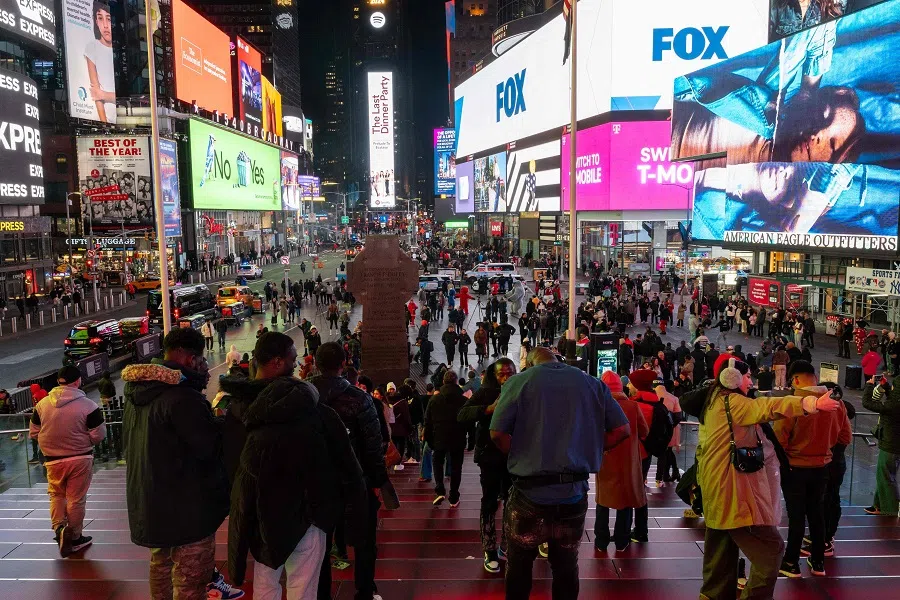
During the Clinton administration (1993-2001), the unprecedented increase in US national power due to the country's burgeoning new economy triggered unilateralist tendencies in US foreign policy. The US supported China's accession to WTO out of contempt for its might and a desire to gain access to the Chinese market. Frustrated with China's refusal to change course, the US subsequently increased its level of "containment" while "engaging" China.
By the time George W. Bush came to power, China-US rivalry already became the norm, and this did not fundamentally change despite the Chinese Communist Party stating that it would "never seek hegemony" in its 16th Party Congress report released in 2002.
As it so happened, the September 11 attacks changed the US's global strategy. As the US needed China's help (Chinese leaders also greatly contributed to the assessment of the situation) to win the global war on terror, it greatly lowered the pressure on China. From this perspective, China's golden decade of great development after its accession to the WTO was purely accidental!
Without the September 11 attacks, would "maintaining a low profile and biding time" or "following the US" change the US's overall posture in containing China?
As a major power, China inherently has more choices...
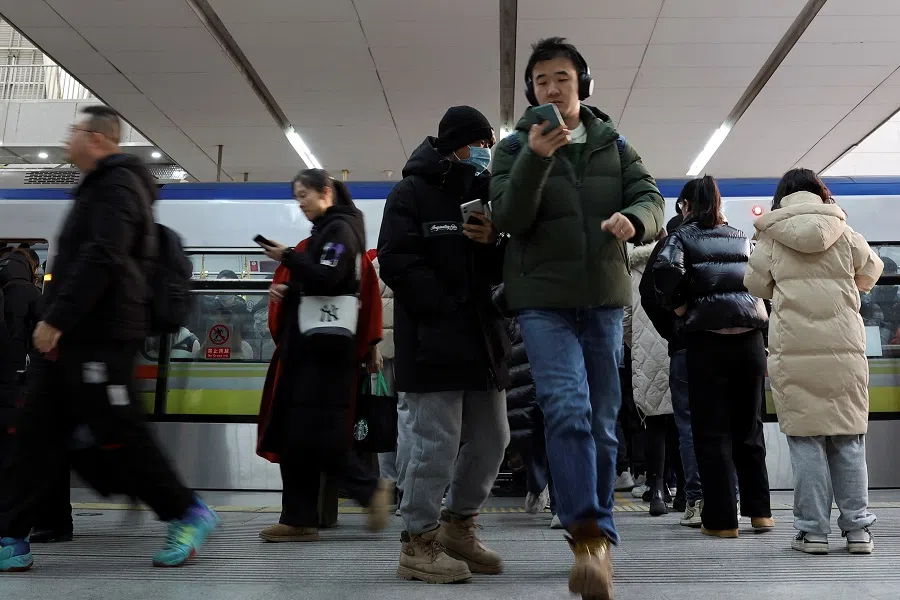
Winston Churchill, a great statesman who understood the nature of international politics astutely pointed out, "We have no lasting friends, no lasting enemies, only lasting interests." The US has always determined its friends and foes based on interests; if its national interests are jeopardised, the US will not hesitate to contain even their own allies - the phenomenon of "Japan bashing" in the 1980s is a case in point.
China's choice
Thus, being "friendly" with the US is only meaningful when there is no threat to the US's national interests. For the US, which has a deeply rooted tradition of realism, there will always be an irreconcilable structural conflict between established powers and emerging powers. This is not something that can be resolved by mere gestures of goodwill or even displays of weakness by the latter.
Even if China does not engage in "wolf-warrior diplomacy" or only has a massive market and is merely a colossus with feet of clay in a semi-marginalised or dependent development state, its political and economic influence, as well as its attempt to compete for world resources and spheres of influence is already worrying the US.
As a major power, China inherently has more choices - it is entirely possible to defuse external hostility through proactive and effective political and economic reforms as well as outstanding diplomacy to ultimately achieve a peaceful rise based on independent development.
Isn't this more worthwhile than ignoring common sense in international politics, mechanically considering Deng's past remarks as a magical cure for China-US confrontation and the plight of the country's development, or even disregarding the dignity of the country and bowing down to the US in a futile attempt to put the US at ease and gain its tolerance?
